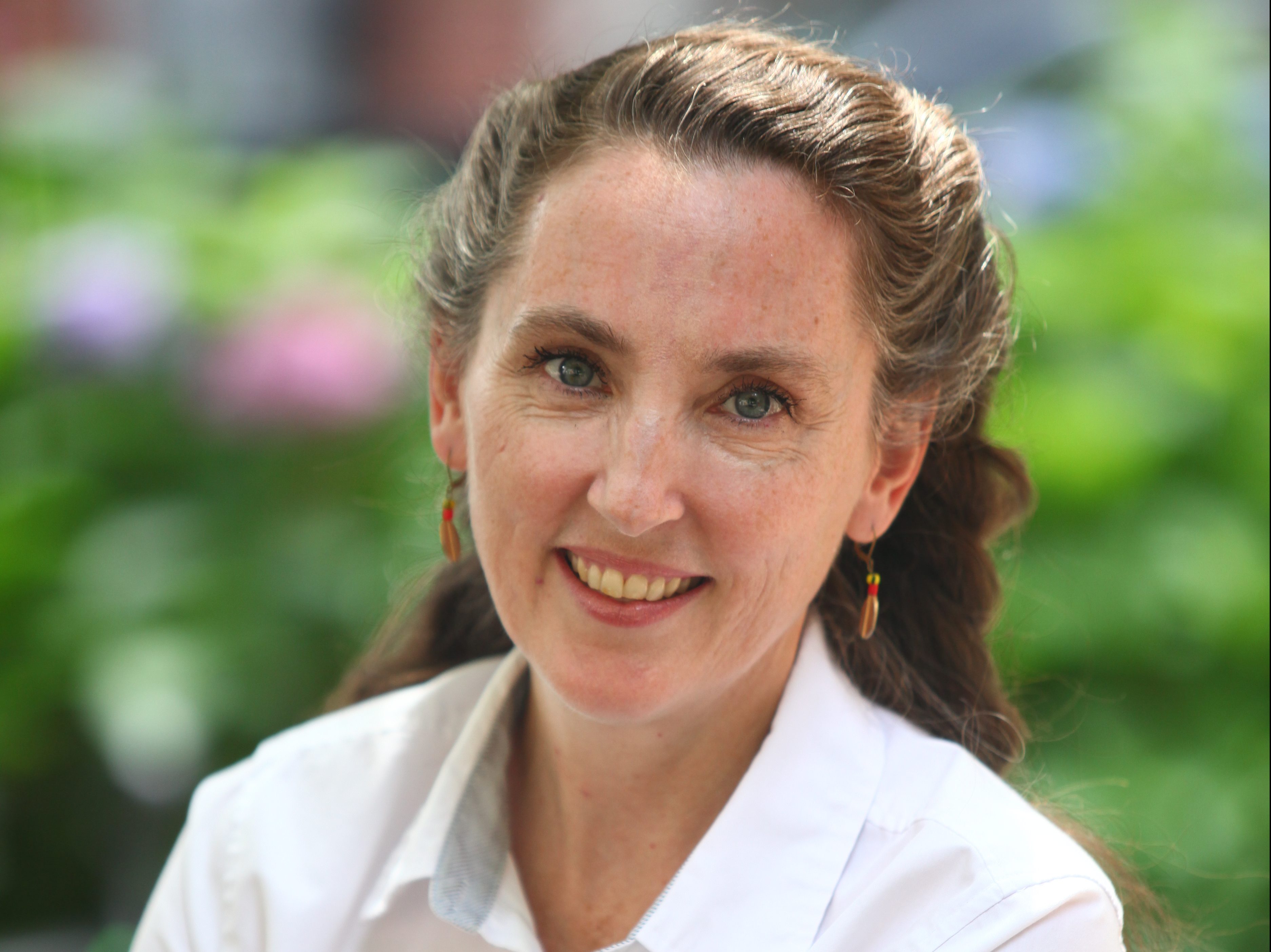The solicited article, "Zen Prayer? Maybe, Maybe Not" appears in the Spring 2021 issue.
Professor of Buddhist Studies Pamela D. Winfield published an article on Zen and the question of prayer in Dharma World, a well-regarded Japanese Buddhist magazine to which serious scholars regularly contribute. Her solicited article “Zen Prayer? Maybe, Maybe Not” appears in the Spring 2021 issue both in print (pp. 29-31, 38) and online here.

Winfield’s critical-theoretical article argues that the traditional deity-directed definition of prayer both does, and does not, apply to Zen. That is, speaking purely from a doctrinal standpoint, Zen technically eschews all higher powers and relies solely on the self-power of seated meditation (zazen) in order to become enlightened. At the same time, however, speaking from a purely pragmatic and institutional standpoint, Zen priests are also trained to perform commissioned prayers (kito) for collective wellbeing as a means to generate income for temples. This practical side of Zen complements the romantic vision of Zen as a purely contemplative tradition.
In the second half of the article, Winfield also considers Carl Olsen’s broader description of prayer as any ritual act that uses “a network of symbols related to sense experiences, moods, emotions, and values” to reinforce one’s identity and membership in a community (Religious Studies: The Key Terms, Routledge 2010, 188-190). She considers whether zazen might fit this expanded definition of prayer, but then also critiques that overgeneralized definition itself. She argues that attempting to universalize the western European category of “prayer” and then subsuming zazen underneath would be reductionistic and politically incorrect, as it does a certain colonizing violence to the Zen tradition on its own terms.



